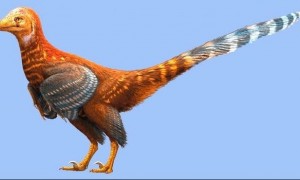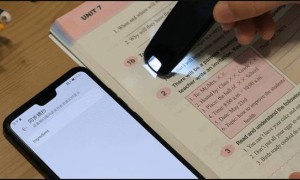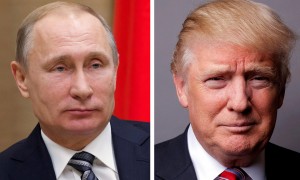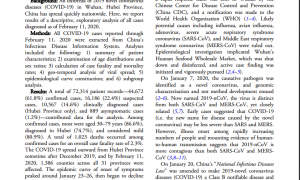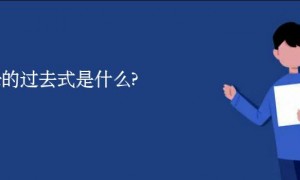discover, find, find out, invent, look for
这组词(组)都有“发明”“发现”的意思。discover指发现或偶然发现原来就存在但一直未被认识的东西; look for作“寻找”解时,指寻找的动作和过程; find指寻找的结果,即“找到”,是非延续性动词,不如discover正式; find out指经过观察、调查把某事、某物查出来,搞清楚,弄明白,多用于复杂而不易直接查出的情况; invent指发明原来不存在的东西,有时也可指虚构、捏造。例如:
Whilhelm Roentgen discovered X rays.威尔海尔姆·伦琴发现了X射线。
He was amazed to find her there.发现她在那里,他很吃惊。
Let's try and find out what's at the back of this problems.咱们想法弄清问题的背景是怎样的。
Whatt invented the steam engine.瓦特发明了蒸汽机。
She ran across some old letters when she was looking for something else.她找别的东西时,偶然翻出几封过去的信。
discover, uncover
这两个词都是由cover加表示否定意义的前缀构成的,都是“发现”的意思。它们的区别是:
uncover只用于贬义,一般译作“揭露”。另外, discover还可接复合宾语,而uncover不可。例如:
We uncovered the essence of the thing.我们揭露了那件事的本质。
discover, ascertain, determine, learn, unearth
这组词都可表示“发现以前自己不知道的东西”。它们的区别是:
discover指经过调查、探索去发现已经存在或可能存在、事实上的东西,这种发现也可能出于偶然; ascertain很少指偶然的发现,侧重先前的无知与无把握,以及认真地去发现真理或真相; determine比ascertain更强调寻找事实或真理,以解决争端或争执,主要用于科学和法律方面; unearth指将隐藏的、被遗忘的、失去的或极其难以追寻的东西公之于众或暴露于世,常常强调发现以前所做的认真长期的调查; learn指获得知识,发现者一般没有或很少花多大力气。例如:
The surgeon general has determined that cigarette smoking is dangerous to our health.卫生局长已确定吸烟危害健康。
The question is to ascertain what the people really want.问题在于一定要弄清人们究竟需要什么。
We discovered the powder consisting of harmful ingredients.我们发现这种粉末含有害成分。
Projecting ourselves into the future world, we should learn as much as we can now.设想一下处身于未来的世界当中,我们现在就应该尽可能多学一点东西。
They have unearthed the secret.他们已经发现了这个秘密。
discover, betray, disclose, divulge, expose, reveal
这组词共同的意思是“揭露”“泄露”。它们的区别是:
reveal指揭示迄今为止仍在保密状态的东西或启示超乎常人领悟能力的真理; discover指把原来已经存在,但未被发现、看见或理解的事物加以揭露; disclose侧重把事先未宣布或一直保密的事情公之于世; divulge侧重在公开场合不正当或背信弃义的泄露秘密或暴露隐私; betray指背约或辜负别人信任的告密,也指不自觉地泄密; expose揭露的对象一般是丑恶的、见不得人的,也可指把人或物暴露于不利地位。
下面三句意思相同:
We have discovered that he is quite un- trustworthy.
He has been discovered to be quite un- trustworthy.
We have discovered him to be quite un- trustworthy.
我们发现他很不可靠。
discover,find,detect,ascertain
这些动词均有“发现”之意。
discover指发现本来已经存在,后被人认识的事物、真理或情况。
find普通用词,可指偶然发现,也可指经过寻找后得到或重新获得已失去的东西。强调动作的结果。
detect正式用词,强调经过周密观察或研究而有所获得和发现,尤指发现有意隐藏之物。
ascertain较正式用词,指有意搜寻与发现。
